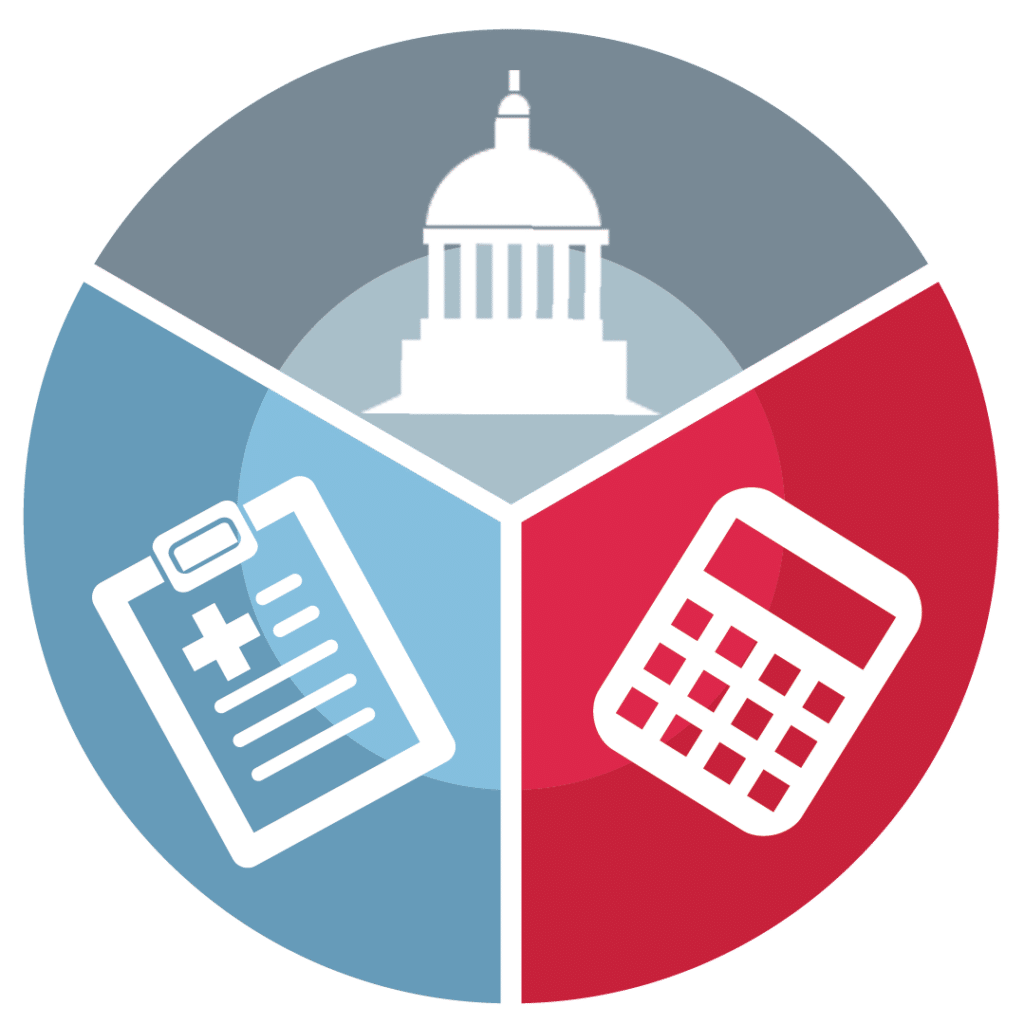Just as tax professionals and taxpayers alike struggle to digest the Tax Cuts and Jobs Act signed by the President on December 22, 2017, it now looks as though additional tax provisions are being added to the current spending bill. House Republicans will soon be advancing a spending bill to the floor for debate that would include provisions delaying the effective date of a number of different taxes mandated by the Patient Protection and Affordable Care Act (ACA). Though some Democrats are objecting to the provisions, the spending package is expected to garner enough votes in the House to pass.
Which ACA Taxes are Targeted in the Spending Package?
The three ACA taxes targeted for delay include the medical device tax, the health insurance provider fee; and the excise tax on high-dollar health plans. Previously-passed temporary provisions delaying the effective date of the medical device and health insurance provider fee expired after 2017. Without Congressional action, the tax would be effective in 2018.
The excise tax on high dollar health plans is slightly different in that it is not scheduled to take effect until after 2019. All three taxes would be delayed as part of a temporary spending bill to keep the federal government open through mid-February.
The Employers Council on Flexible Compensation, a trade group, called the proposed delay a “good first step” to ultimately repealing the tax, noting that while the excise tax on high-dollar health plans does not officially penalize employer-provided health plans until 2020, it is already having a negative impact in the marketplace as many employers plan and negotiate their healthcare benefits on a multi-year basis.
Assessing the Hurdles for Passage and Enactment
The current temporary spending bill runs out today January 19. A number of House Republicans appear unwilling to keep funding the federal government with temporary spending bills, questioning the lack of a meaningful extension.
On the other side of the aisle, House Democrats have also voiced their opposition to the temporary spending bill, noting that the current bill does not provide disaster funding, address protection for DREAMers, extend additional health access for veterans, provide funding to combat the opioid epidemic, protect pensions, or any of the additional priorities which have mounted up.
Nevertheless, it is expected that enough votes will be available to pass the package as neither party is looking for a government shutdown.
Reaction in the Senate
Passage in the Senate is not as easily predicted.
Senators Angus King, I-Me., and Mike Rounds, R-S.D., have expressed frustration with the temporary spending bills and urged Congress to pass a fiscal year (FY) 2018 budget. Senate Republicans need at least 60 votes to pass a spending bill. They have 51 votes if all Republicans join together.
On the Democratic side, Senators Tim Kaine, D-Va., and Mark Warner, D-Va., suggested a very short term spending bill. “We will support a short-term bill for a few days to keep the government open while we stay in town and conclude our negotiations,” Kaine and Warner said.
Meanwhile, Senators Ed Markey, D-Mass., and Elizabeth Warren, D-Mass., proposed legislation to repeal the medical device excise tax. Multiple Democratic colleagues in the Senate are expected to support their proposal.
Given the precarious nature of the balance of power within the Senate, it is difficult to assess the spending bill’s chances for passage as of this writing. It is likely however, that some short-term action will be forthcoming from the Senate as 2018 is a mid-term election year and we do not expect that either party wants to be labeled the one that caused a government shutdown.
Grossman Yanak & Ford LLP will keep our clients, contacts and friends up to date as the bill moves forward.
In the interim, should you have questions or comments, please contact Bob Grossman or Don Johnston.






